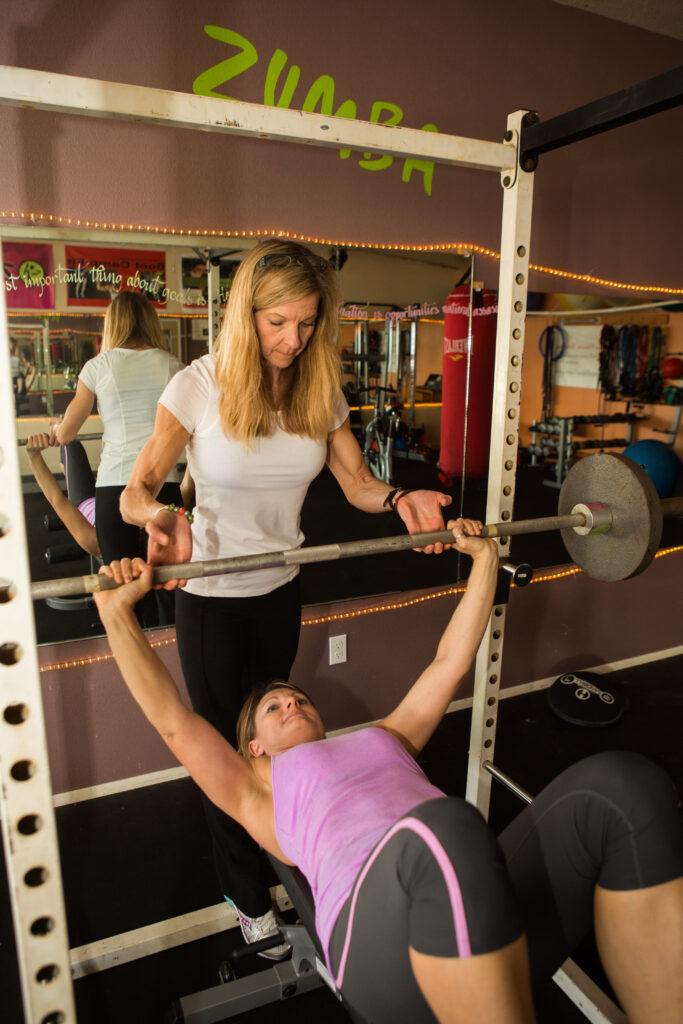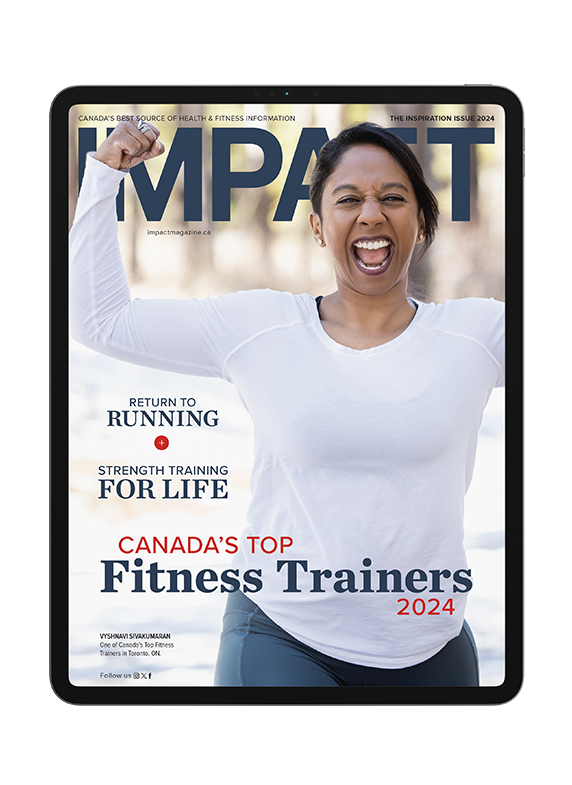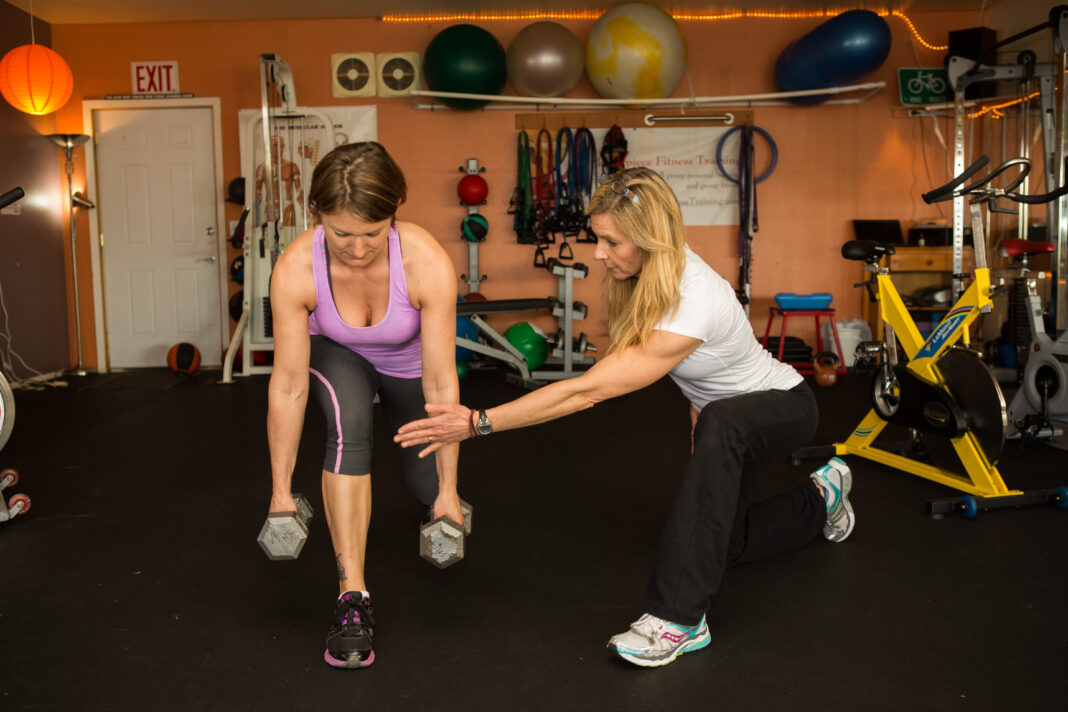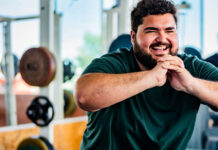When you’re ready to hire a personal trainer, you want someone who can push you to a higher level of fitness, or propel you through a great athletic achievement—you want someone who can help you be better. But determining the right person to work with is no easy task, and considerations such as their qualifications, methods and rates are just the tip of the iceberg.
By hiring a fitness professional, you are gambling with precious time, money and vulnerability, which means the decision cannot be taken lightly. It’s in your best interest to conduct an interview with them to ensure all your questions have been answered and that this trainer is the best fit for you.
When you’re prepared to make that investment, here are five interview questions to ask.
When you’re ready to hire a personal trainer, you want someone who can push you to a higher level of fitness, or propel you through a great athletic achievement—you want someone who can help you be better. But determining the right person to work with is no easy task, and considerations such as their qualifications, methods and rates are just the tip of the iceberg. By hiring a fitness professional, you are gambling with precious time, money and vulnerability, which means the decision cannot be taken lightly. It’s in your best interest to conduct an interview with them to ensure all your questions have been answered and that this trainer is the best fit for you. When you’re prepared to make that investment, here are five interview questions to ask.

1. WHAT IS YOUR TRAINING BACKGROUND AND EDUCATION?
Anyone you hire should have some sort of education and experience in exercise science and exercise adherence. When discussing the educational and professional background of your potential coach, look for answers that agree with your values about intensity, effort, focus, technique, communication style and even sense of humour.
2. WHAT MOTIVATIONAL TECHNIQUES ARE YOU GOING TO USE TO HELP ME SAT CONSISTENT?
There are several science-backed methods coaches can use
to boost your motivation. Here are three:
Theory of planned behaviour (TPB)
This method predicts intention to engage in an activity by examining beliefs concerning attitude towards it, how you’ll be perceived by others, and how in control you are of making a change.
Self-determination theory (SDT)
This method addresses the basic psychological needs of autonomy, competence and relatedness. In order for actions to be self-directed, you need to feel like the behaviour is completely up to you, that you are competent to make the change and that there is a community of others around you who are doing something similar
Goal-setting theory.
This theory addresses the specificity and difficulty of the goal. A goal that is very specific and more difficult, to a degree, is more likely to be sustained.
Through a questionnaire and/or interview process, the trainer can learn where you stand now, and throughout the training sessions, coach you toward a position of greater self-directed motivation using some of the plethora of research around these theories. If your coach is not using science-backed methods to keep you motivated, consider moving on.
3. WHAT GOAL-STETTING TECHNIQUEA ARE YOU GOING TO USE TO HELP ME REACH MY GOALS?
You’ve likely heard of SMART (specific, measurable, attainable, relevant, time-bound) goals, but it’s not the only method out there. Some have to do with focusing on behavioural changes (transtheoretical model of behaviour change, or TTM), while others break down the barriers you’re likely to face along the way (goal, reality, obstacles, way-forward, or GROW).
None of the techniques in goal-setting are contrary to one another, and several overlap, so you can feel safe utilizing any of them. For example, naming a specific, measurable goal is an integral component of any goal-setting technique, and identifying obstacles is another common feature.
Where art meets science is how well your trainer can pivot within the nuances of each technique. That’s why satisfying the first question is so important. If you two have similar values, weaving throughout techniques goes smoother.
4. HOW WILL YOU SUPPORT MR IN MY PROCESS?
The support you get is determined by the goals you set. No goal starts without an assessment of where you are now. The coach should be able to employ several objective and subjective assessments to not only track your progress, but keep you accountable in a variety of ways—more than just the number on the scale or the weight on the barbell.
Objective assessments include tests such as your 5 kilometre running pace, five-rep max deadlift or Vo2 max, while subjective assessments might include your perception of how you feel in everyday activities such as taking the stairs instead of the escalator, waking up in the morning or playing 18 holes on your favourite course.
Assessments are almost infinite. Depend on a trainer who can give you examples of how she/he has utilized several with past clients.
5. DURING YOUR FITNESS ASSESSMENT, DOES THE TRIAINER USE MOTIVATIONAL INTERVIEWING TECHNIQUES?
Notice if she/he gives you eye contact, mirrors your body language, responds with active listening skills and asks questions about you rather than spending time talking about their accomplishments. Remember, this is your investment.
Never feel obligated to pay for training just because someone took you through a fitness assessment.
The right fitness professional has the potential to change the way you feel, the way you look and the way you think. So take your time, ensure your questions are answered, and above all, trust your gut instinct.
Photography by – Cardas Photography
You May Also Like – AI in Fitness

Read This Story in Our 2024 Inspiration Issue
Read about our 2024 Canada’s Top Fitness Trainers – our top 30 from across Canada! How to Hire a Personal Trainer, The Dangers of Overtraining, Return to Running After Illness, Easy Vegan Garlic Noodles and more!
















